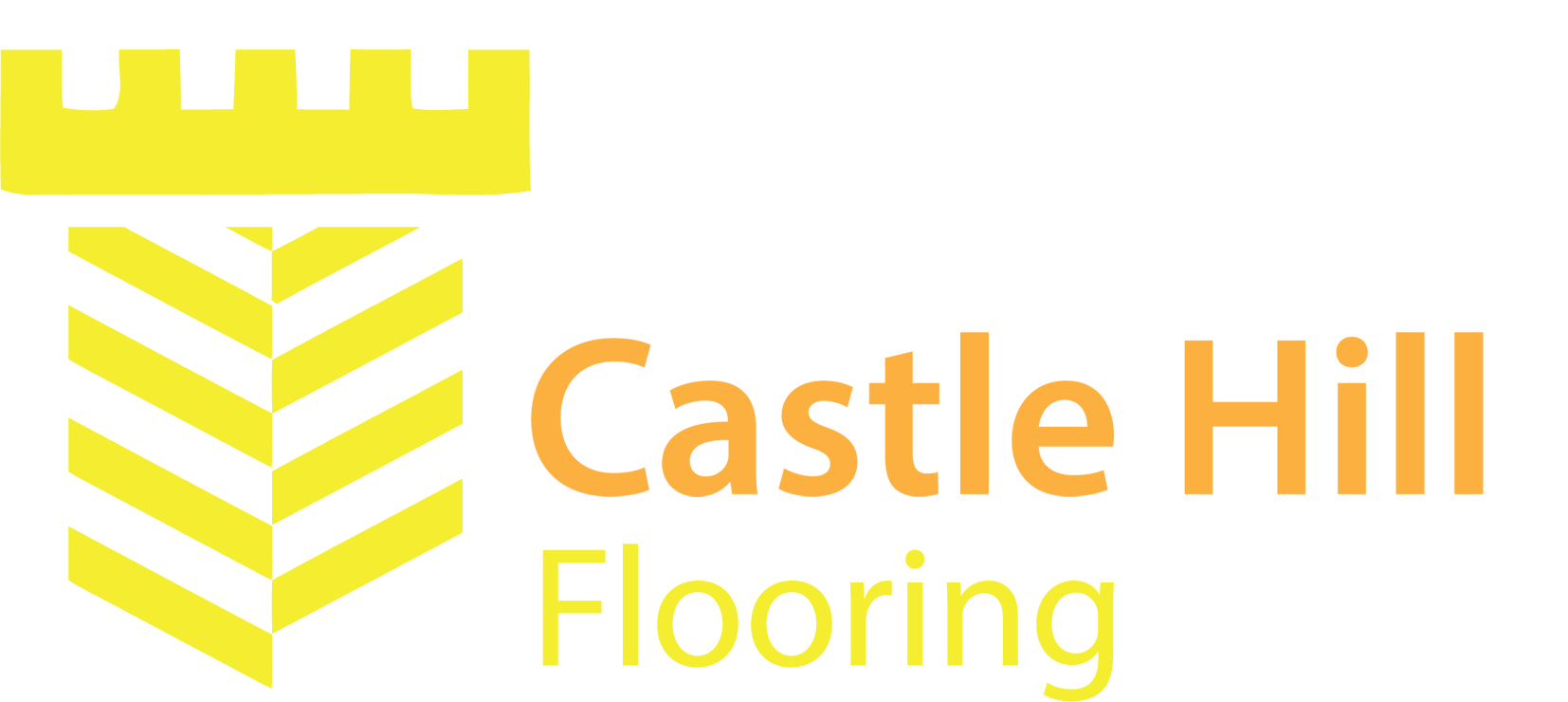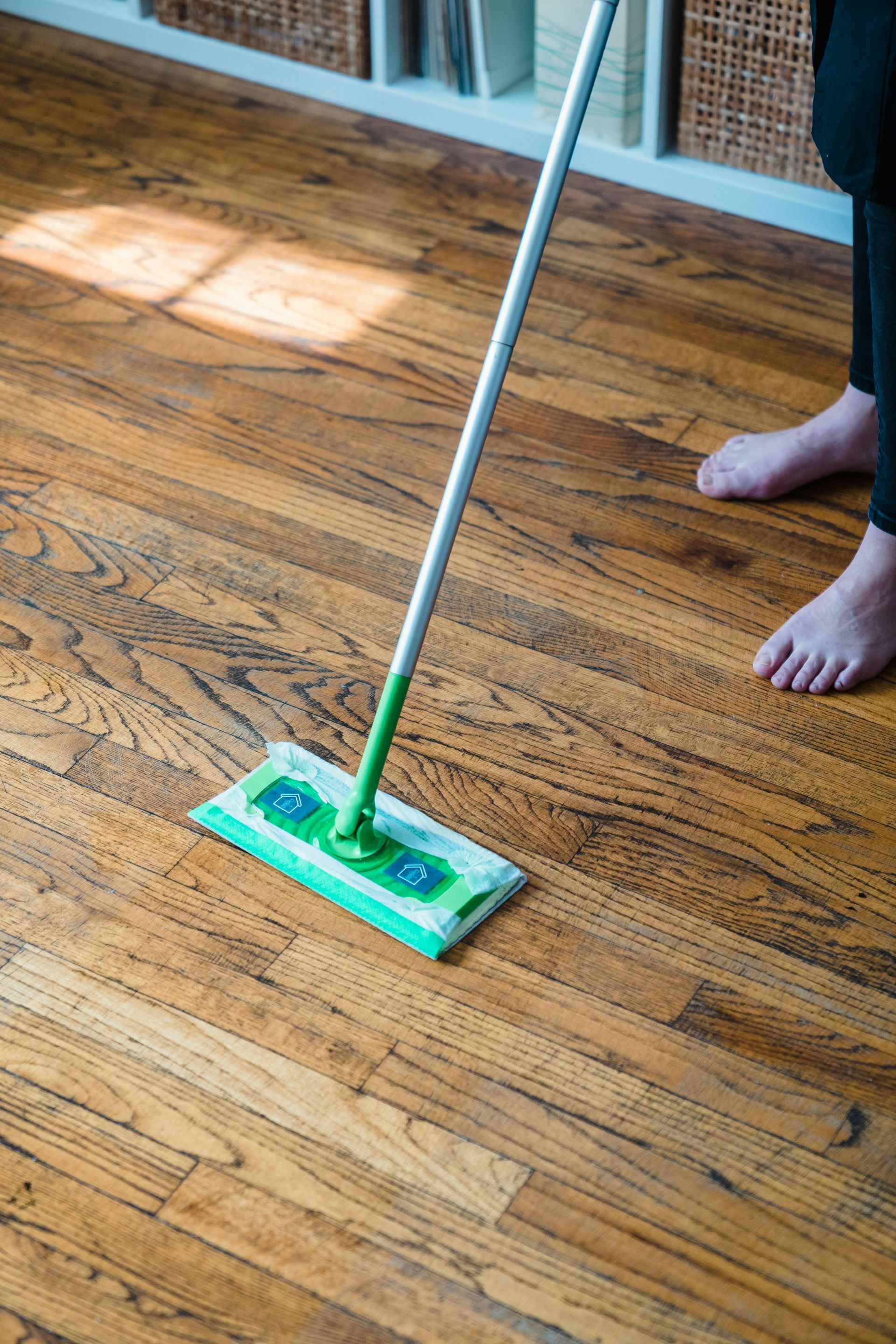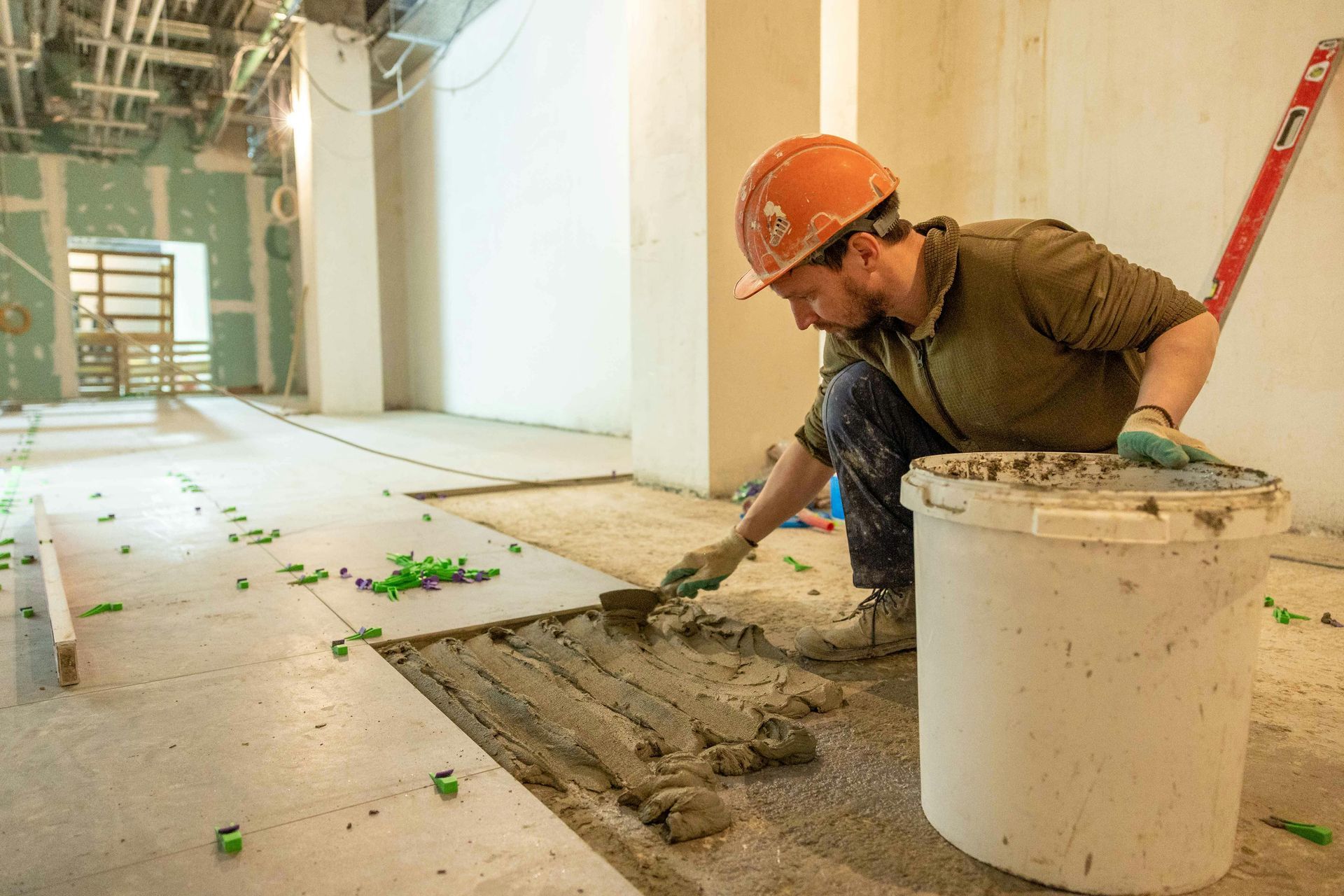BEST 5 FLOORING OPTIONS FOR YOUR HOME
TYPES OF FLOOR COVERING
Flooring is a vital part of home construction and setup. It is the permanent covering of the floor for safety and beautification. Any construction, a home or business building with an uncovered floor, can still be considered an uncompleted building. The floor covering of a building speaks a lot about the owner's status. It will be a terrible mistake to use a flooring type because it matches your interior design. There are many more factors to consider before choosing a floor type.
Flooring is the largest surface in the home, and picking the best type of flooring for your building is highly dependent on your budget, lifestyle, and personal tastes. There are various flooring floor types, but each has its unique benefits and is also best to use in some rooms than others.
Selecting the right flooring for every room in your house is complex. Whether you're choosing hardwood flooring, tile, vinyl, or a traditional stone floor, there are many factors to consider. It all comes down to making wise decisions. Without spending a lot of money, combining and matching several flooring kinds can give your home a streamlined appearance.
1. HARDWOOD COVERING
Hardwood flooring is made entirely of solid wood from a solid piece of milled wood. Popular hardwood species include maple, oak, walnut, and cherry. Because of its versatility and high quality, it is a popular choice among many home buyers. This flooring type is popular in homes because it is beautiful and complements many different interior design schemes and because hardwood is durable and resilient when adequately treated and cared for.
Advantages:
Hardwood timber flooring is visually attractive and can be used in various settings. It's durable and can withstand up to five refinishing to remove surface scratches. This flooring type is also solid and long-lasting.
Disadvantages:
The cost and upkeep associated with hardwood flooring can put it at a disadvantage, as you will usually need the assistance of a professional to achieve a good finish unless you're up for some reasonably expert DIY. 'When exposed to moisture for an extended period, it can warp, making them unsuitable for bathrooms or laundry rooms. Hardwood flooring can sustain scrapes, scratches, and dents in high-traffic areas.
2. ENGINEERED WOOD FLOORING TYPES
Engineered wood flooring costs less than solid wood while maintaining the appearance of natural wood. A thin hardwood layer adheres to a superior plywood substrate to create the floor. It may last as long with appropriate maintenance and is just as sturdy as solid hardwood flooring.
Engineered wood flooring is an option that is easy for DIYers to install, saving you money on installation fees. If the instructions are followed, the stability of engineered flooring makes it a perfect alternative to underfloor heating. It is also simpler to install than solid wood flooring.
Advantages:
Engineered wood planks are often more stable and less likely to expand or contract in response to temperature or humidity changes because of the way they are constructed. Moreover, they have more excellent resistance to moisture and water than natural wood. You can also install them in multiple ways.
Disadvantages:
Engineered flooring needs to take Refinishing well due to the thinner top layer than hardwood. This flooring type has a wide variation in quality and is not fade-resistant.
3. TILE
Tile is long-lasting, water-resistant, and available in many designs and colors. Tile flooring is a popular option for spaces prone to dampness, including bathrooms and kitchens. Ceramic and porcelain are the two most popular tile materials. TILE is one of the most challenging, fashionable, modern floorings for kitchens, bathrooms, and hallways.
Advantages:
With tile, the options for patterns, finishes, and colors are virtually limitless, opening you to a new world of décor possibilities. It requires careful consideration since, if done well, the right design, shape, size, and even how you put tiles can improve a small area and provide warmth and a ton of uniqueness. It wears exceptionally well, is durable, and can resist standing water without buckling like wood. Moreover, Ceramic tiles are resistant to scratches, dents, and moisture.' Tiles are very cheap to maintain.
Disadvantages:
The tile market is extensive, and it can get expensive. However, you should get the latest designs which could add a more unique welcomed feature to your home with fewer expenses. Tile flooring requires a lot of work before installation. It can be hard to install; meanwhile, it could be unhealthy because it's usually cold and slippery.
4. LAMINATE FLOORING
Laminate flooring is constructed from layers of high-density fiberboard with a photographic image (of wood, tile, etc.) laminated to the surface beneath a tough, wear-resistant coating. This flooring type is an inexpensive alternative to carpet for homeowners who want to avoid the cost of hardwood or tiles.
The floors are made of a particleboard wood base with a wood or tile photo on top, all protected by a transparent plastic layer. This flooring is effortless to install, and it comes in a variety of textures and colors.
Advantages:
Its advantages include its low cost, anti-scratching properties, and ease of installation. Laminate is an excellent choice for a busy household in any area that is not subjected to excessive moisture. It is preferable to avoid using laminate flooring in the bathroom. Compared to wood flooring, it is easier to clean, more scratch resistant, and less expensive.
Disadvantages:
Laminate flooring can be cold and hard underfoot, depending on the manufacturer. It may also be noisy and clunky if improperly laid. Moreover, it is vulnerable to moisture damage.
5. VINYL FLOORING
Vinyl flooring is made of polyvinyl chloride and plasticizers, with color pigments added. Vinyl flooring is exceptionally water-resistant and will not be damaged if water is left on the surface for an extended period. It is made of plastic and is available in plank, tile, and sheet form. Vinyl flooring is ideal for a kitchen or bathroom because it is non-porous, resilient, and comfortable to walk on.
Luxury vinyl plank (LVP) and luxury vinyl tile (LVT) are two types that have recently gained popularity due to their durability and the variety of styles available.
Advantages:
Vinyl is a versatile material that can mimic wood, tiles, glass, and stone. They are cheap and suitable for kitchens, bathrooms, laundry rooms, and basements. This flooring is resistant to moisture and heavy foot traffic. It is more comfortable to walk on and warmer on bare feet than tile because of the material used. They are scratch and fade-resistant, as well as simple to care for.
Disadvantages:
Vinyl flooring is short-lived and extremely difficult to remove. Moreover, when it comes to designs and patterns, you are limited, and there are only a few of them. Also, because of the material, it is more prone to scratching and gouging than other types of flooring.
Which is The Best Flooring Option for Your Property?
Deciding on the best flooring option for your property is not always an easy task. There are a few things to consider, such as how much traffic the floor will receive, what type of climate you live in, and your budget. Timber flooring is becoming increasingly popular due to its classic style and versatility. Hardwood floors are not only good to look at, they are also durable flooring options, especially when you use solid timber.
Laminate floors offer a more cost effective solution written with timber-like looks without compromising on quality while engineered timber or engineered timber flooring offer stability and durability in areas with high moisture levels or even exterior applications such as patio decks or pool surrounds. Ultimately, there is something for every preference and budget when it comes to finding the perfect flooring option for your property.
Other top choices are porcelain tile and polished concrete. Porcelain is known for being incredibly strong and long lasting - properties that make them great for kitchens, bathrooms or any other place prone to moisture. It's also easy to clean, so you don't have to worry about dirt or dust getting stuck on it.
Meanwhile, polished concrete has been gaining more popularity in recent years due to its high-end appeal and customizable options. It does require professional installation, but once done it will bring a luxurious look and feel to your space and will be an eye-catching addition. Both porcelain tile and polished concrete have their own unique advantages, making them both excellent choices when selecting flooring for your property.
Consider the following when factors while deciding:
- Consider your lifestyle and needs
- Compare the costs of each type of flooring
- Evaluate the durability of each type of flooring
- Consider how easy it is to maintain each type of flooring
- Make a decision based on all the factors involved
CONCLUSION
Choosing the best flooring for your home is more complex than picking the one that looks the best or is on sale. The critical considerations are moisture, durability, ease of maintenance, and budget. Make sure to thoroughly discuss your ideas with your chosen flooring contractor to ensure the project is completed to your specifications.
ABOUT CASTLE HILL FLOORING
Castle Hill Flooring is your nearby timber floor sanding specialist. Our team has provided expert care to timber floors in countless residential and commercial projects. We restore and repair your floorboards to their former glory regardless of their condition or design. Call us NOW at 0242 026 314 for more information on how we can assist you in obtaining the best yet most affordable timber floor.
Categories
Timber Flooring




